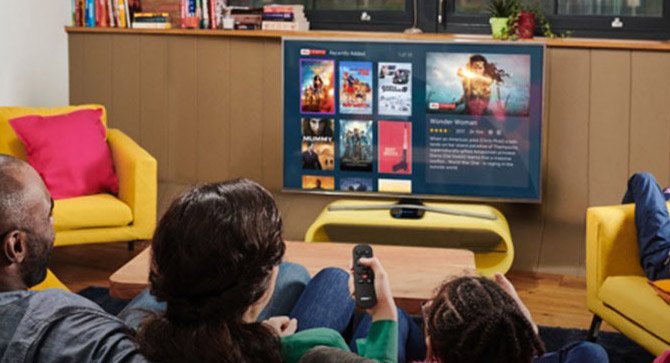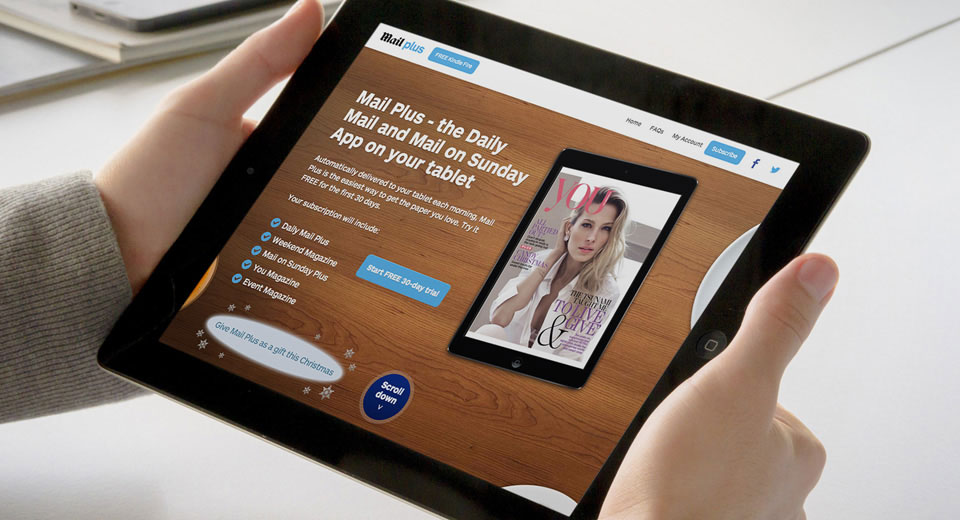Turbulent Times for Smartphone Innovators
Being in a consumer-driven market in an era of technological supremacy is challenging. Think of all the cool or must-have gadgets and products that have slowly but surely disappeared from the store shelves and online stores. These products rode a wave of popularity thanks to being first to market and providing features and functionality that consumers really didn’t know they needed. Also many of these products did pave the way for the gadgets that we are all using today – think of the first generation MP3 players and even the Sony Walkman.
So what makes one consumer product have consistent longevity versus other products that seem to disappear after only a year? Think of the car: chances are very high that you have a car and you might even have two cars. Yes, there are folks out there who don’t own a car and get around by public transport, bicycle and walking – but this is rare. The fact is we need to get around and the car is the tool that does this most easily for us.
Automotive manufacturers continue to innovate but at its most simple, a car is about four wheels, an engine, a steering wheel, brakes and a gas pedal. A car can be as simple or extravagant as you want and regardless of your budget – you’ll find one that meets your needs and wants.
Now reach into your pocket and pull out your mobile phone… Think about this mobile phone and how you use it. Likely your mobile phone isn’t really just a phone with which you call and talk to people – rather this phone is more than likely a multi-functioning device that has so many features on it that it can be hard to fully understand everything your phone can do for you. In fact these mobile phone features have spawned an entirely new industry: the smartphone market. Most people have one of these smartphones – teenagers, university students, your colleagues, your parents, etc. Yes, just like those folks who eschew the car there are some people lugging around big and clunky Motorola phones with long antennas on them – but this is an increasing minority.
So what has made the mobile phone such a crucial part of our day-to-day? Essentially intelligent marketing and some forward-thinkers. Innovation is at the root of this boom we’re seeing in the smartphone market. The key to this innovation as we have realised in the past five years is in not getting too complacent or believing consumers are satisfied.
Remember the Palm Treo? This was for a time a niche gadget that early adopters were using and soon could not live without. Hmm, likely now if you ask your colleague about the Palm Treo, he or she won’t be able to tell you much about it. What about the BlackBerry? Now this smartphone hasn’t completely disappeared off the store shelves but RIM is slowly but surely losing its market share and its fans along with it. Once coined the “CrackBerry” with folks becoming addicted to the vibrating BlackBerry – less than 10% of North Americans are now using this smartphone.
So what happened? Well think back to the car. We need cars to get around – we rely on them and they are part of our lives. The smartphone? Well, we want it – but we didn’t necessarily need it. And this is why innovation is so crucial. A car can remain very basic and people will still buy it – this is not the case with smartphones. Instead it was up to marketers and designers to convince us that we needed a smartphone – and they have succeeded in doing this.
Now consumers don’t want a mobile phone, instead they want the latest and greatest smartphone on the market. Failure to innovate and push the boundaries with phone design, features, and apps has resulted in the slow and steady demise of the likes of Palm and the BlackBerry. Instead we’re seeing Apple and Google really taking control of the smartphone market. Two of the most forward-thinking and innovative companies who when they decided to make a move into the smartphone market were quickly dismissed by pundits.
For example, in March 2007 industry analyst John C. Dvorak said “Apple should pull the plug on the iPhone” since “There is no likelihood that Apple can be successful in a business this competitive”. Dvorak also said “This is not an emerging business. In fact it’s gone so far that it’s in the process of consolidation with probably two players dominating everything, Nokia Corp. and Motorola Inc.”
Wow, how current thinking and reality have changed. Sure Nokia and Motorola still make phones but they would hardly be considered dominating players. Now it is all about Apple and Google. Apple is recognised worldwide as being a leader and in pushing out to consumer what we didn’t realize we needed. Google has followed suit with leading the charge with its online products and translating this thinking to its operating system running the key competitors to the iPhone.
So what does this mean? Well, going back to the four-wheeled car analogy again – think about how you use your car. Could you get by without it – sure it would be painful and your lifestyle would have change to a great deal – quite frankly, these are changes and adjustments you don’t want to make. Now think of your smartphone. Can you get by without it – well the answer is likely going to be a resounding “No” – you rely on it for business use and personal use and somehow it is “part” of you.
Based on need the car has become central to our day-to-day lives. Based on want the smartphone has become an integral part of our day-to-day lives. What will be interesting over the next few years is in seeing if the smartphone market actually stabilises with only a two or three key players – with the other companies finally drifting away from the space. Consumers are at a point that just like the car, they believe they want and need a smartphone… Those companies that continue to drive market growth and technology will be the ones we’ll be watching two years from now. At its most basic, surviving in a turbulent business world comes down to want and need.
 us
us 






 Posted by MPP Global on
Posted by MPP Global on


